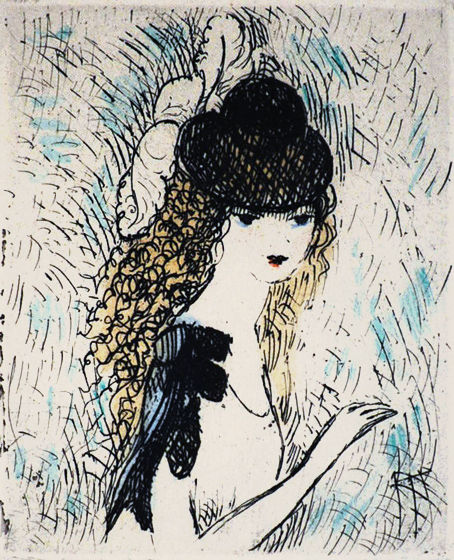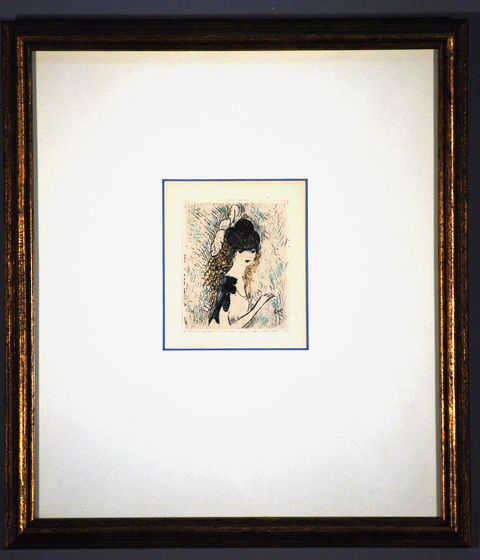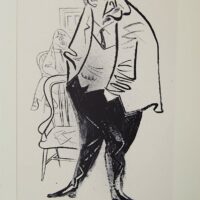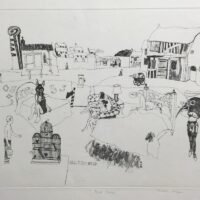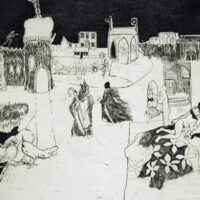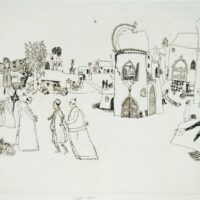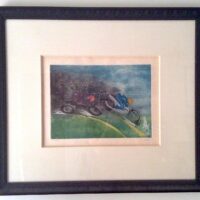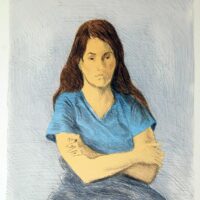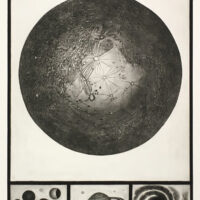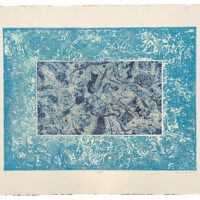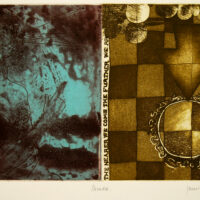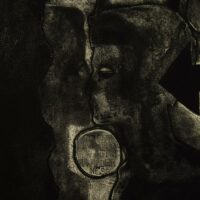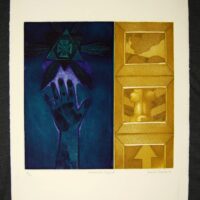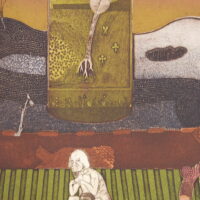Description
Born on October 31, 1883 in Paris, the young Marie Laurencin was sent to Sèvres by her mother in 1901, where she got familiar with porcelain painting. Her education continued at a school in Paris, followed by the Humbert academy, where Marie Laurencin got acquainted with Georges Braque. She soon met Picasso and Guillaume Apollinaire, who supported her from this time on and integrated her in discussions about art theory, which soon lead to Cubism. The artist’s own creative work, however, remained untouched by such theoretical demands; it shows mainly lyrical motifs like graceful, dreamy young girls in pastel coloring and soft shading. This color-sensitive inventiveness leads to a variation of repetitions of form and motifs. The influence of Persian miniature painting and Rococo art are undeniable in Laurencin’s works.In 1907 Marie Laurencin gave her debut at the “Salon des Indépendants,” followed by a large exhibition at Barbazanges’ in 1912 and at P. Rosenberg’s in 1920. From 1924 Laurencin also worked on designing stage sets. She produced stage design for Diaghilev’s “Ballets russe” and the set for the “Comédie Francaise” in 1928. She also illustrated books, such as André Gide’s “La Tentative Amoureuse” and Lewis Caroll’s “Alice in Wonderland.”Eugene Carriere was a prominent, highly regarded portrait painter and one of the foremost lithographers at the end of the 19th century. Greatly influenced by the paintings of Turner and emulating Leonardo DaVinci’s moody chiaroscuro and softened effects in his work, Carriere often depicted images of family and motherhood. Henri Matisse was one of his students.
In the words of Carriere’s close friend, Auguste Rodin, the esteemed sculptor:“Eugene Carriere showed genius in painting. . . The masters are those . . . who know how to see the beauty of what is too familiar to strike other minds. In most exhibitions most pictures are only painting; {Carriere’s} own seem to be windows open onto life.”
